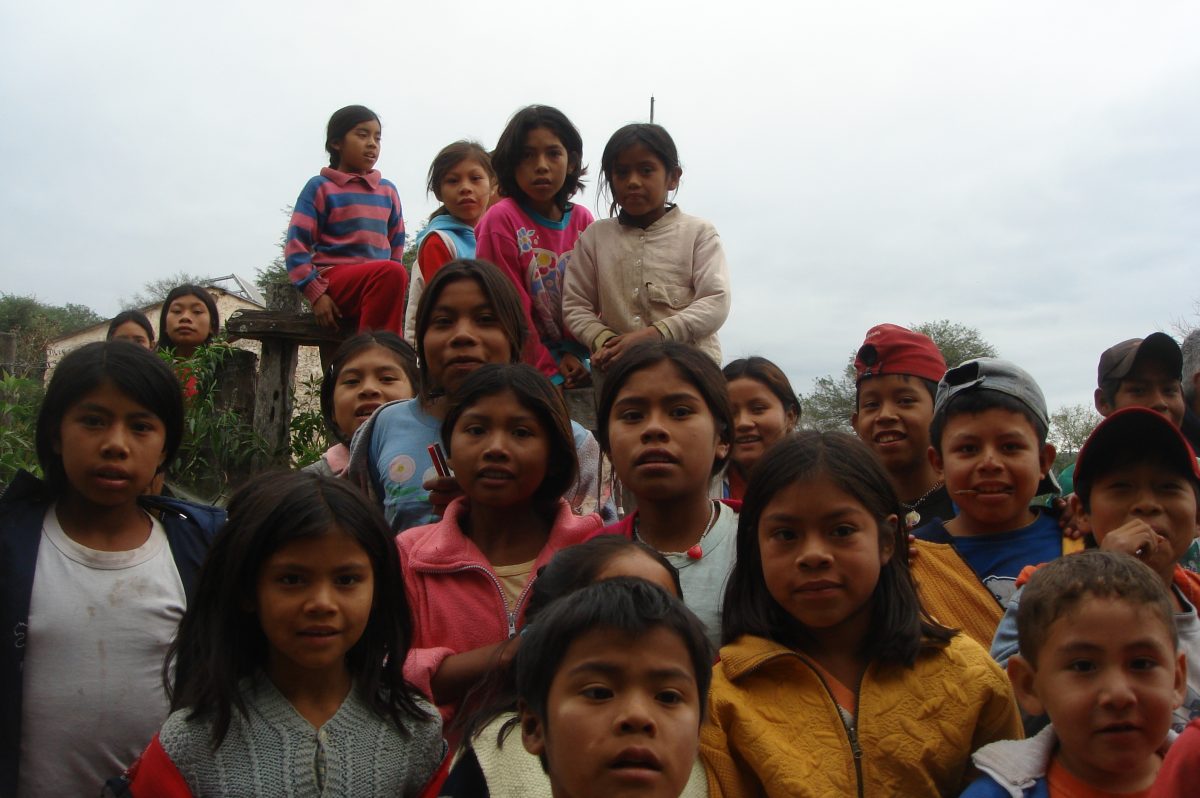






Washington, D.C., March 10, 2008.- The Council of Guaraní Captains of Chuquisaca (CCCH), the Center for Legal Studies and Social Research (CEJIS) and the Center for Justice and International Law (CEJIL), held a hearing on the situation of the captive communities of the Guarani people of the Bolivian Chaco during the 131st regular session of the Inter-American Commission on Human Rights (IACHR).
The purpose of the hearing was to inform the Commission about the serious human rights violations that Guaraní captive families are suffering. They have lived for more than 113 years in slavery in their own lands, that are now illegally owned by employers and landlords, located mainly in the region of the Bolivian Chaco. The constant threats and risks to which these communities, their leaders, and advisors are subjected, are a consequence of the implementation of the territorial reconstitution process of the Bolivian government.
During the hearing, the representatives of the Bolivian State accepted the information presented by the petitioners and mentioned the actions that the current government is executing within the process of territorial reconstitution of the Guaraní people to provide them with sufficient land and freeing their communities of the bonded labour regime to which they are subjected.
This caused the petitioners, representatives of the State and the Rapporteur of the IACHR for Bolivia, Commissioner Luz Patricia Mejia, to sign an Act of Commitment where the Bolivian State agreed to a series of commitments to guarantee the integrity of all captive Guarani families, their leaders, and advisors. Also, the petitioners and representatives of the State agreed on the need for Commissioner Luz Patricia Mejia —Rapporteur for Bolivia— and Commissioner Víctor Abramovich —Rapporteur for the rights of indigenous peoples—, to make a visit in the shortest possible time to the affected zones to verify the situation. The Bolivian State formally reconfirmed this invitation.
The Inter-American Commission welcomed the willingness of the parties to find solutions to address the problem and the State’s invitation to visit Bolivia to follow up on the situation and the compliance with the recommendations issued by the IACHR in its Report on Access to Justice and Social Inclusion after a visit to the country in November 2006. Both the petitioners and the representatives of the State of Bolivia hope that the Inter-American Commission carries out this visit shortly.
Finally, the petitioners will follow up on the commitments made by the State and will keep the IACHR informed of its implementation.
Help us continue this critical and urgent work with a donation!
DONATE NOW